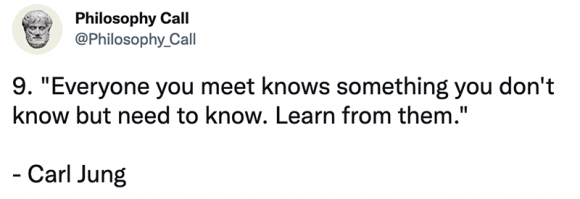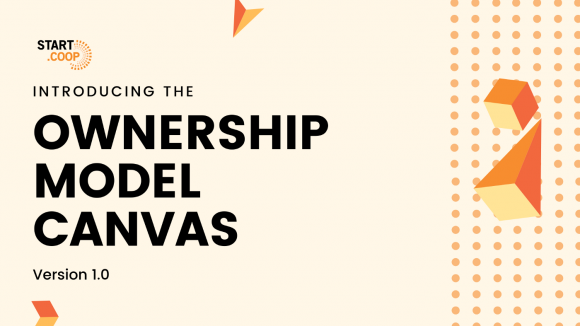From the inside of the startup process, as the entrepreneur, the pass to success seems rather simple. You’ve got a great idea. It’s obvious that it will work. It’s frustrating that others are not simply following along.
Reality is that entrepreneurship is complicated. Few ideas truly are great. Most startups fail.
Sometimes analogous situations make this far more obvious. Take for example the idea of building and flying a jet-powered suit. Iron Man made reality. Science fiction turned fact.
If we asked 100 entrepreneurs whether it is possible to build a jet suit (not a rocket suit, as that has been done, but a suit that flies using jet engines), many would say it is impossible. Some would be optimists, but if we then asked whether they expected the first design to fly, no one would think that likely.
And yet, hundreds of entrepreneurs apply to Fledge who believe they have a great idea, who believe they know how to turn that idea into reality, who believe others are either cynics, pessimists, or blind to the greatness of their idea.
Meanwhile, not a single entrepreneur we’ve seen or heard of ever succeeded with their Plan A, turning idea into profits without significant changes to their plans. Finding Plan B (and Plans C, D, E) before Plan A totally fails is what we try and do for entrepreneurs. It’s what all entrepreneurs need to do to succeed.
Watch this inventor iterate on his designs. Note that the changes he makes from iteration to iteration seem obvious. Yet most end in failure. Note how he expects that failure. And to spoil the ending, none end in success, at least not yet.
Map that to the startup you are working on. What are your next three likely iterations when Plan A fails? How quickly can those iterations be tested? How can your startup afford to get through Plans B, C, and D to Plans K, L, and M without crashing, burning, and running out of money? Iteration over failure is the secret to success.




